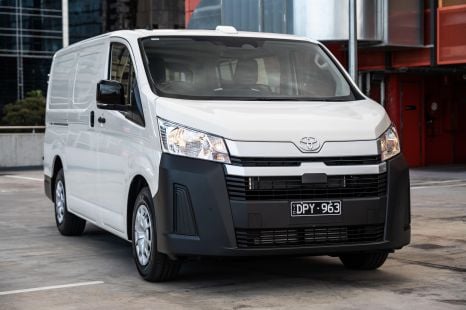

Max Davies
2026 Toyota HiAce review
31 Minutes Ago
Panasonic is working on new battery technology that will reportedly increase density by 20 per cent, thanks to higher-voltage cells.

Contributor
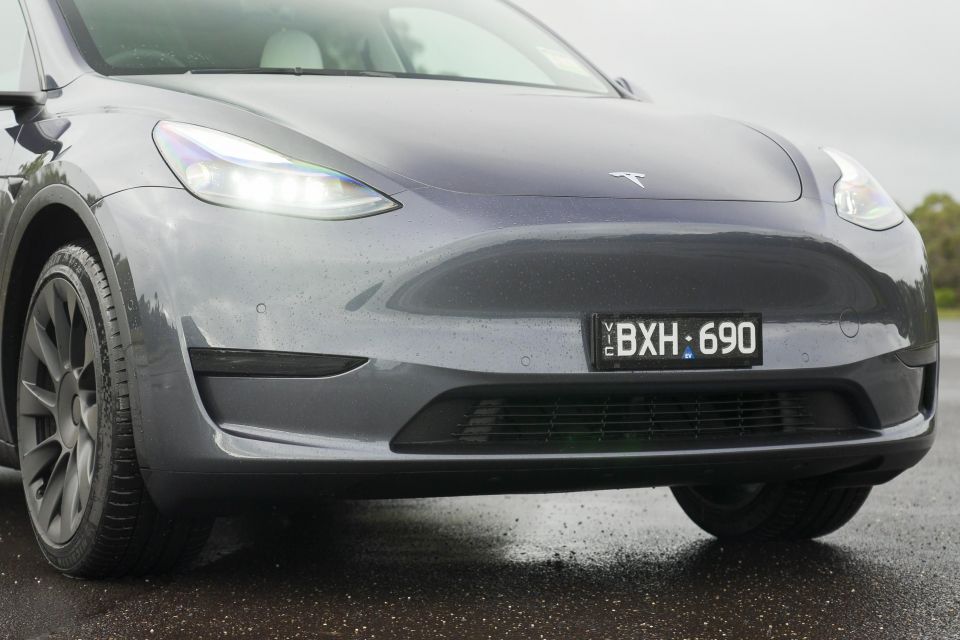

Contributor
Japanese electrical giant Panasonic is reportedly working on new technology that’ll increase battery cell energy density by 20 per cent before the end of the decade.
Panasonic Energy chief technical officer (CTO) Shoichiro Watanabe told Reuters the brand plans to achieve this goal by using a new mix of additives that allow individual battery cells to run at a higher voltage without damaging their long-term performance.
If the Japanese giant is able to achieve this 20 per cent increase in battery density it could potentially boost the range of an electric vehicle (EV) relative to what’s currently on offer, or make EVs more spacious and lighter.
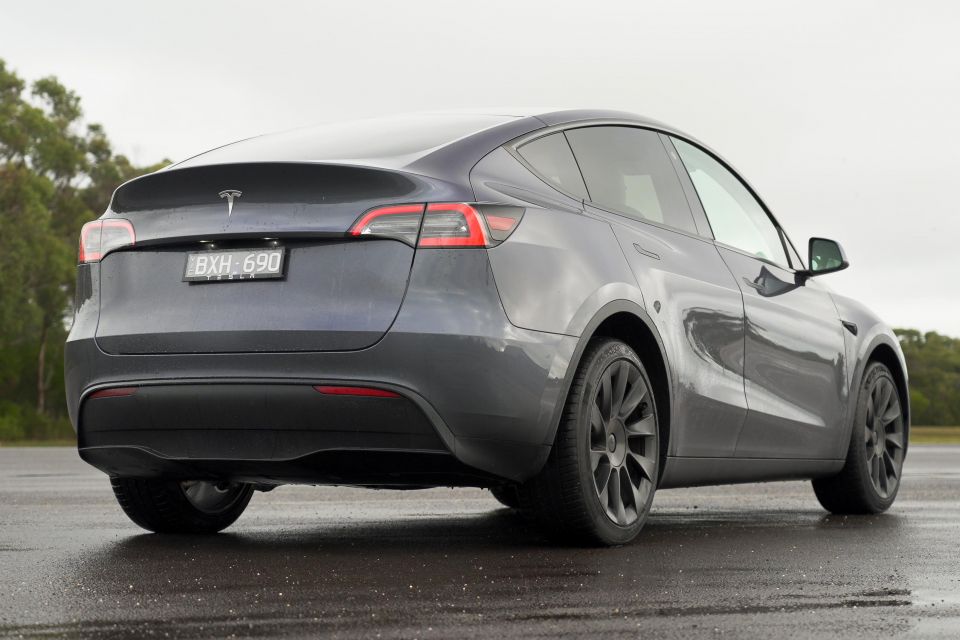
A 20 per cent increase in battery density could take Panasonic’s most advanced battery cell, which reportedly has a volumetric energy density of 750Wh/L, to around 900Wh/L according to Reuters.
Panasonic is reportedly aiming to boost the voltage to between 4.3 to 4.6 volts.
“If we can get that to 4.5 to 4.6 volts, I think the whole world view in terms of what’s possible for EVs would change,” said Mr Wantanabe.
The executive stopped short of confirming when the new battery chemistry will actually be rolling out.
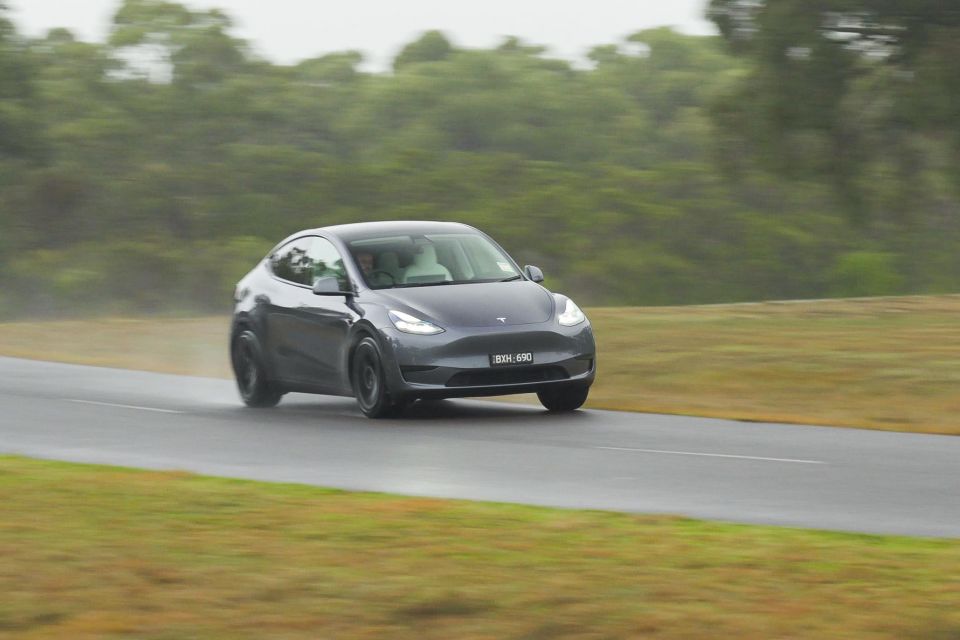
Panasonic competes in the cutthroat battery production industry and rivals the likes of CATL, Samsung SDI, and LG Energy Solution.
These companies have been revealing more energy-dense battery cells in order to outdo each other, and in the hopes of earning the business of the world’s carmakers.
CATL recently detailed its third-generation CTP battery technology which will be available in both lithium iron phosphate (LFP) and nickel manganese cobalt (NMC) cell chemistries.
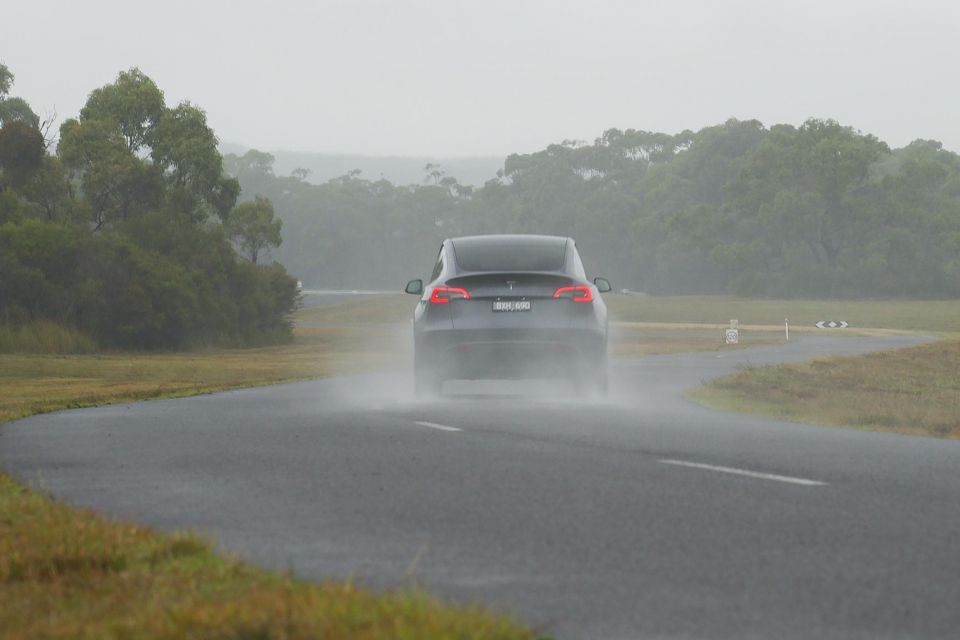
“The race among battery makers has been to come up with more potent and effective additives,” said Mr Watanabe.
In addition to making its future battery cells more energy dense, Panasonic has reportedly developed a way to slow down a battery’s degradation at higher voltages.
The Japanese giant has also reportedly developed a way to prevent ‘microcracking’ in the positive electrode, which shortens its useful life.
“It’s difficult to balance, but raising the energy density of batteries requires raising the potential of both electrodes,” said Mr Wantanabe.
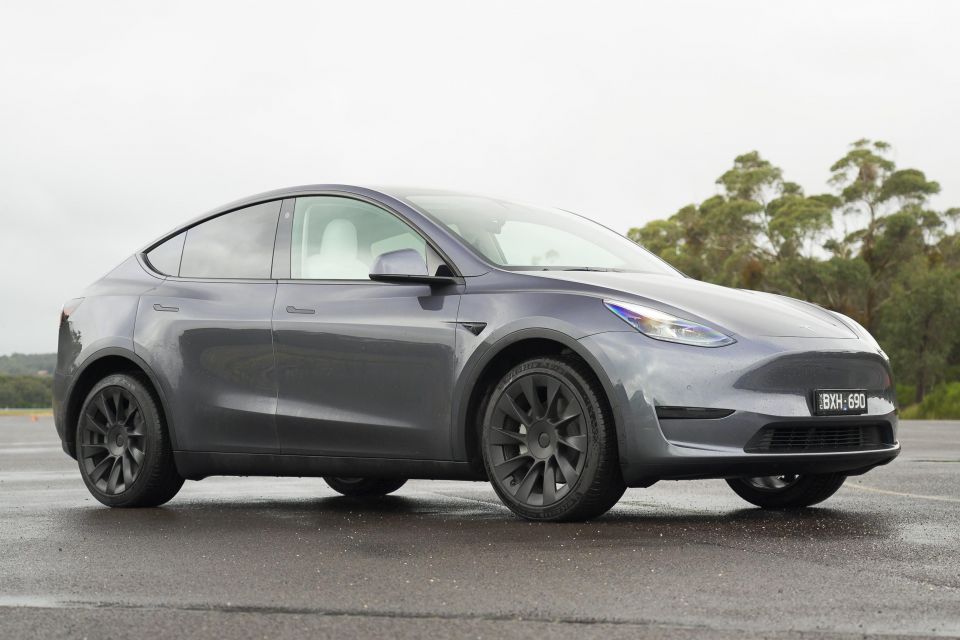
Panasonic is currently a major battery cell supplier for Tesla, and plans to start mass-producing the new, larger-format 4680 battery cell in Japan from April 2023. It’s also reportedly reviewing sites for production in the US.
These new Panasonic-built 4680 battery cells will reportedly power new Texas-built Model Y cars.
It’s unclear when this battery technology will trickle down to the rest of the Tesla Gigafactories, but it’s worth noting that Australian-spec Model Y cars come from Tesla’s Shanghai manufacturing plant.
Jack Quick is an automotive journalist based in Melbourne. Jack studied journalism and photography at Deakin University in Burwood, and previously represented the university in dance nationally. In his spare time, he loves to pump Charli XCX and play a bit of Grand Theft Auto. He’s also the proud owner of a blue, manual 2020 Suzuki Jimny.


Max Davies
31 Minutes Ago
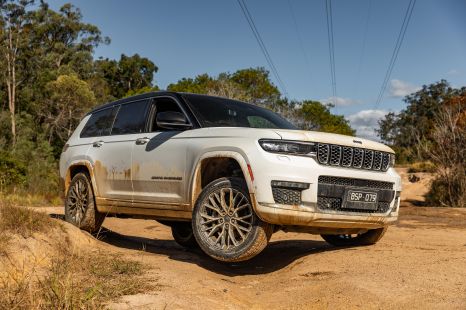

William Stopford
17 Hours Ago
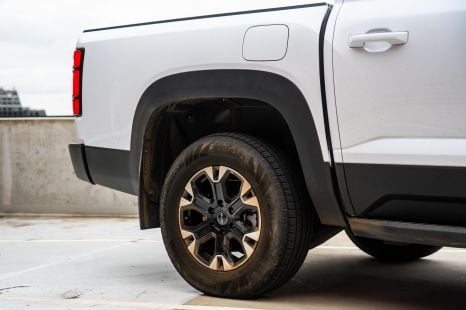

Ben Zachariah
18 Hours Ago
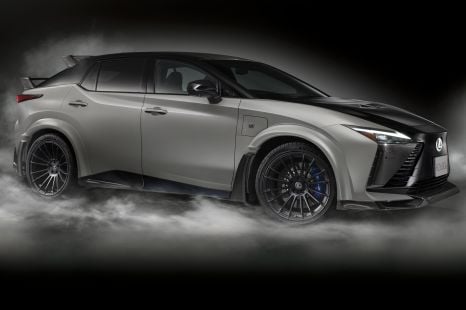

Derek Fung
18 Hours Ago
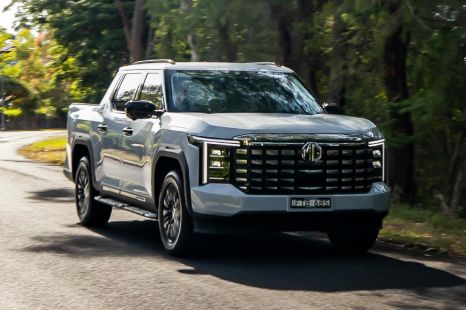

Matt Campbell
1 Day Ago
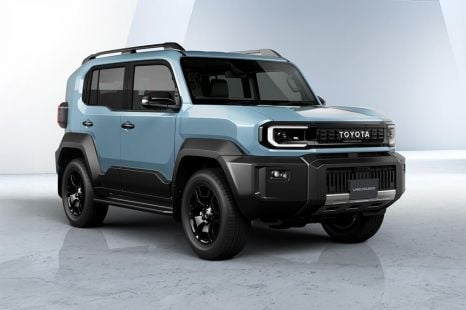

William Stopford
2 Days Ago